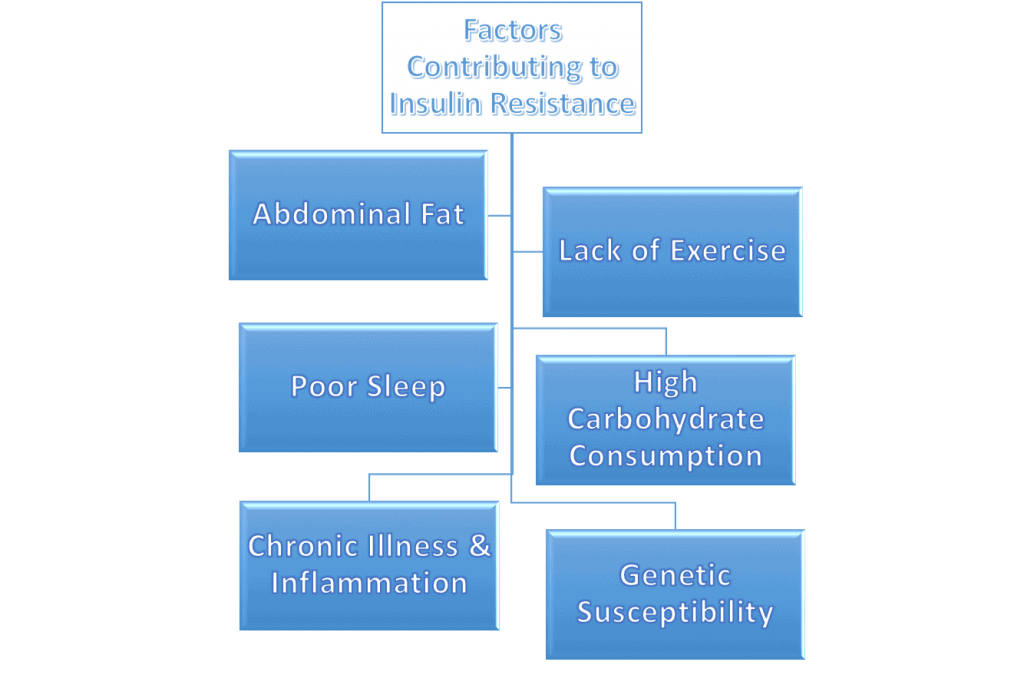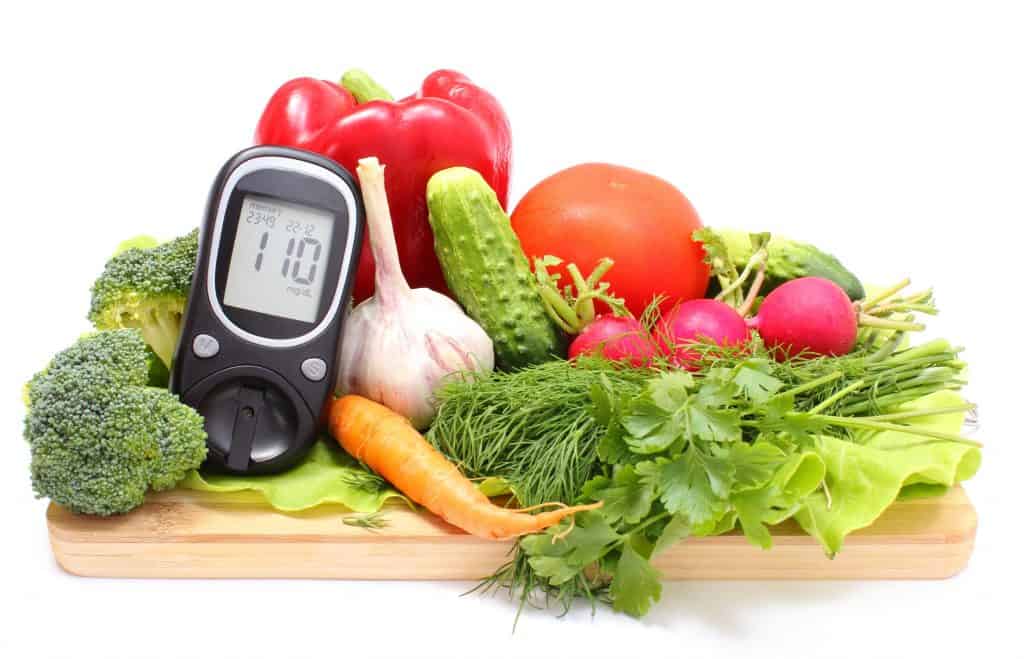How to Combat Insulin Resistance – Can it be Reversed? A Guide
Posted by Prescription Hope - See Editorial Guidelines (Last Updated On: Thu Apr 27 2023)
With millions of U.S adults having prediabetes and diabetes, many of them are suffering from insulin resistance. But what if you can combat insulin resistance?
In this article, we will briefly cover how you can combat insulin resistance and possibly reverse your condition. First, here is a quick summary to give you a basic understanding of how you may be able to reverse insulin resistance.
How to Combat Insulin Resistance: Insulin resistance is a condition where your cells do not respond appropriately to insulin. So, to combat insulin resistance, you have to take steps to improve your insulin sensitivity. One of the most significant ways to reverse insulin resistance is to lose weight.
Let’s first define what insulin resistance is before discussing how we can combat it.
Overview Of Insulin Resistance

Insulin resistance is characterized by the insulin receptors on the cells not responding to insulin. Therefore, insulin is not able to properly do its job, which is to allow glucose to be picked up by cells.
So, the result is that glucose remains in the bloodstream, resulting in high blood sugar levels.
There are a few different reasons someone might develop this condition. One could be underlying health conditions, such as polycystic ovary syndrome (PCOS).
Certain medications, particularly high doses of steroids, can cause cells to become resistant to insulin. However, lifestyle factors and obesity could potentially be the leading cause of insulin resistance.
Despite the complications that can occur and the factors that can lead to this condition, you can reverse insulin resistance.
How To Know If You Are Insulin Resistant?
The first step in combatting insulin resistance is to discover if you have it or not.
The best way to find out if your cells are resistant to insulin is to have a blood test done. Typically, when someone has insulin resistance, their pancreas starts producing more insulin. So, a blood test will reveal your insulin levels. If your insulin levels are high, then you could potentially be contending with this condition.
Normally, an individual will not display signs of insulin resistance in the beginning stages. However, a patient’s blood glucose levels will gradually rise as the production of insulin cannot keep up with the severity of resistant cells.
So, the higher one’s blood sugar goes, the more signs and symptoms will start to appear. Symptoms of hyperglycemia include:
- Frequent urination
- Dehydration
- Increased thirst
- Fatigue
- Tiredness
- Blurred vision
- Headache
- Nausea
- Vomiting
- Weakness
- Fruity-smelling breath
If a person’s blood sugar is severely high, then they may potentially go unconscious and experience a coma. This is life-threatening and explains why this condition must be detected early on.
So, if you are displaying any of these symptoms or if you have had a blood test showing high insulin levels, then you may have insulin resistance.
Ways To Combat Insulin Resistance
It is crucial for patients to start taking steps to combat insulin resistance, as, over time, it can lead to major health complications. So, here are some tips to help you reverse insulin resistance.
Increase Fiber Consumption
A high fiber diet has been shown to improve one’s insulin sensitivity significantly. Studies have shown that fiber from fruits and cereals are inversely associated with the risk of diabetes. Therefore, evidence suggests that consuming fiber-rich foods, such as high-fiber cereals, fruits, vegetables, and nuts, can stop the onset of insulin resistance.
Avoid Simple Carbohydrates

Along with striving to have a high fiber intake, individuals should avoid simple carbohydrates and foods with a high glycemic load (GL). This would include foods that have large amounts of added sugar. When consuming these foods, your body has to work harder to produce more insulin to use glucose for energy. Therefore, the higher demand for insulin only increases one’s risk of insulin resistance and diabetes. Foods that have a high GL include:
- Fruit juices
- Candy
- White rice
- White pasta
- Low-fiber cereals
- Pizza
- Baked potatoes
Focusing on consuming foods that have a lower glycemic load will prove to be more helpful in combatting insulin resistance. Adopting a high-protein and low carbohydrate diet is generally the best diet for increasing one’s chances of reversing insulin resistance.
Exercise Regularly
Exercising is extremely beneficial for one’s health. Striving to engage in at least 30 minutes of exercise most days will help combat insulin resistance and prevent type 2 diabetes. When you exercise, your body burns glycogen. Glycogen is a form of glucose stored in the muscles. After exercising, the muscles pull glucose from the bloodstream to restore their energy. Therefore, insulin sensitivity is improved.
Lose Weight
Many of those struggling with insulin resistance and type 2 diabetes are overweight. Excess fat around the mid-section causes inflammation, damaging cells. So, losing weight is one sure way of getting closer to reversing insulin resistance, as it will decrease inflammation and allow cells to heal. Implementing the tips above can help you lose weight, but clear goals need to be set of to help you develop a clear path. Having conversations with your doctor and accountability from friends and family will aid in motivating you on your weight loss journey as well.
Stop Smoking
Smoking cigarettes has a direct correlation to impairing cell’s responsiveness to insulin. Those that smoke are likely to have inflammation occurring in their body, causing damage to cells. The damage impairs the function of cells and their ability to respond to insulin. By stopping smoking, you are allowing your body to heal, which decreases the amount of inflammation in your body. Thus, insulin resistance is slowed.
Decrease Alcohol Consumption
A study done on rats showed that binge drinking could cause insulin resistance. This is because the hypothalamic insulin action is impaired after consuming alcohol. The rats that were a part of the study still displayed insulin resistance up to 54 hours after the last dose of ethanol. Having an occasional drink has not shown evidence of cells being impaired significantly. So, to aid yourself in reversing insulin resistance, avoid consuming large amounts of alcohol, particularly within short periods.
Conclusion
If you believe you have insulin resistance, then consult your doctor. Your healthcare provider will be able to give you the most specific advice on how to reverse insulin resistance based on the severity of your condition.
If your condition is severe enough, then you may have prediabetes or type 2 diabetes. Treating this condition can often require medication, but many diabetes medications are costly.
Don’t pay more than $60.00 a month through Prescription Hope’s medication access service for your prescription drugs, as Prescription Hope may be able to help. We work directly with pharmaceutical manufacturers to provide individuals with a set, affordable cost for their need medication. Enroll with us and start saving money.


